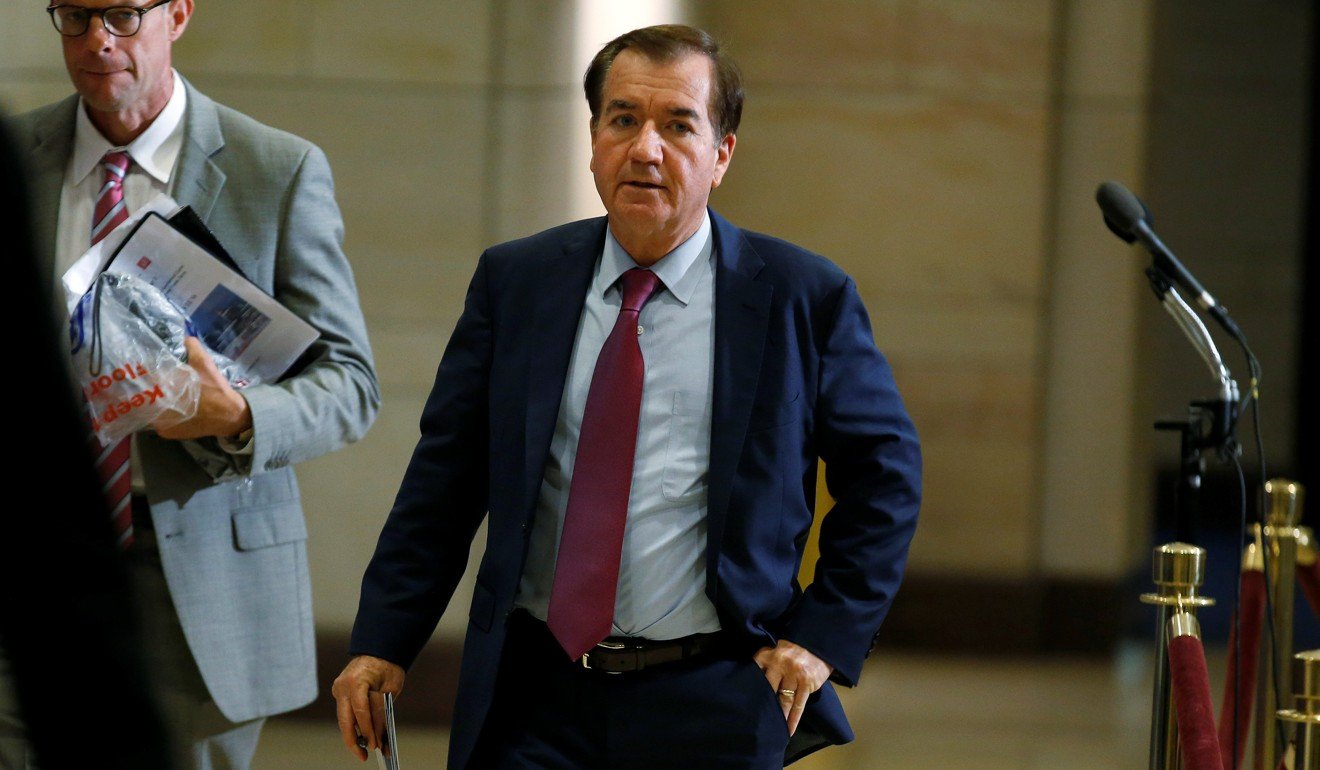
US House committee targets major Chinese banks’ lifeline to North Korea
US foreign affairs panel wants big Chinese banks with a large US presence sanctioned to force them to cut off aid for North Korea’s nuclear programme
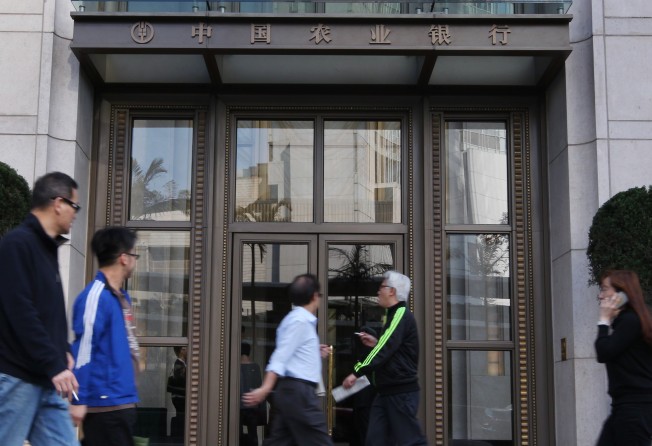
A foreign affairs committee in the US Congress’ lower chamber is pushing to impose unilateral sanctions against major Chinese banks with a large US presence to force them to cut off alleged financial support for North Korea’s nuclear and missile programme.
Ed Royce, chairman of the US House Foreign Affairs Committee, said on Tuesday at a hearing in Washington that the US government can “unilaterally” designate more Chinese banks and companies for a choice between doing business with North Korea or the US.
“We must target major Chinese banks, such as China Merchants Bank and even big state owned-banks like the Agricultural Bank of China that have significant presences in the US, if they do not stop doing business with North Korea,” Royce said.

The move is part of the US Congress’ effort to pursue swift passage and aggressive implementation of legislative tools that will make it easier for the executive branch to take action against foreign banks and companies to further isolate the reclusive country.
Royce emphasised that the legislative and administrative tools of reining in Pyongyang and the UN Security Council’s resolutions “need to be implemented aggressively”.
US Treasury Secretary Steve Mnuchin also warned on Tuesday the US may impose additional sanctions on China if it doesn’t follow through on a fresh round of United Nations restrictions against North Korea.
“If China doesn’t follow these sanctions, we will put additional sanctions on them and prevent them from accessing the US and international dollar system – and that’s quite meaningful,” Mnuchin was quoted by Bloomberg during a conference in New York.
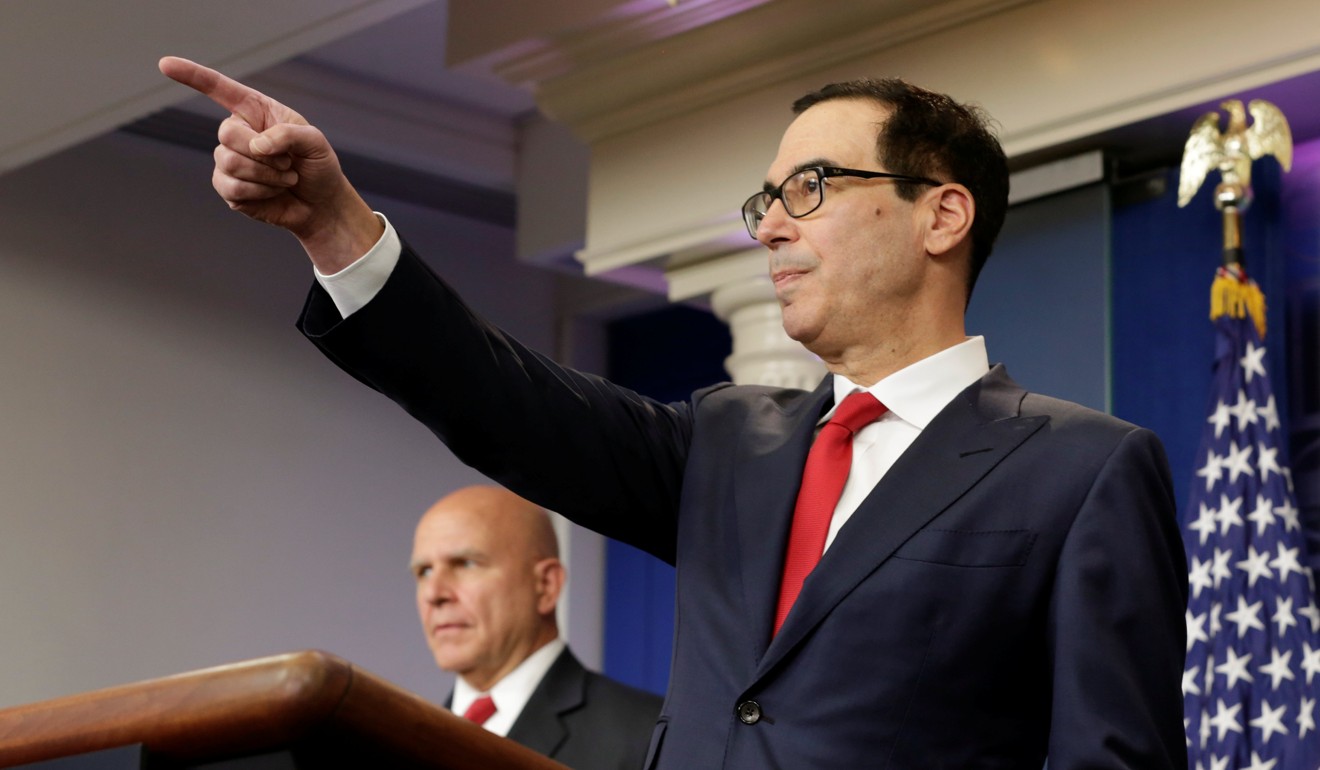
The UN Security Council unanimously agreed on Monday on new sanctions against North Korea, imposing a ban on the state’s textile exports and capping its crude oil imports.
In a sign that Beijing is adapting to the pressure, Chinese state banks have started suspending transactions made through accounts held by North Koreans in two northeastern China border provinces, Jilin and Liaoning, which have major trade relations with North Korea, Japan’s Kyodo news agency reported.
Branch offices of at least three major state banks – the Bank of China, China Construction Bank and Agricultural Bank of China – in the northeastern border city of Yanji also have banned North Koreans from opening accounts, making deposits or remittances, while those accounts are still not yet frozen from withdrawal, Kyodo reported.

Chinese foreign ministry spokesman Geng Shuang declined to comment on the report on Monday. “I am not aware of the detailed information mentioned by you just now,” Geng replied to a question from a reporter during a press conference in Beijing.
“I would like to stress that China opposes the unilateral sanctions outside the framework of the UN Security Council, especially the so-called ‘long-arm jurisdiction’ imposed by any other country on Chinese entities and citizens based on its own domestic law,” Geng said. “China’s position in this respect is clear-cut and consistent.”
Cui Tiankai, China’s ambassador to the US in Washington told a think tank event in July that “long-arm jurisdictions” have severely impaired China-US cooperation on the Korean nuclear issue, and have raised questions about the US’ true intentions.
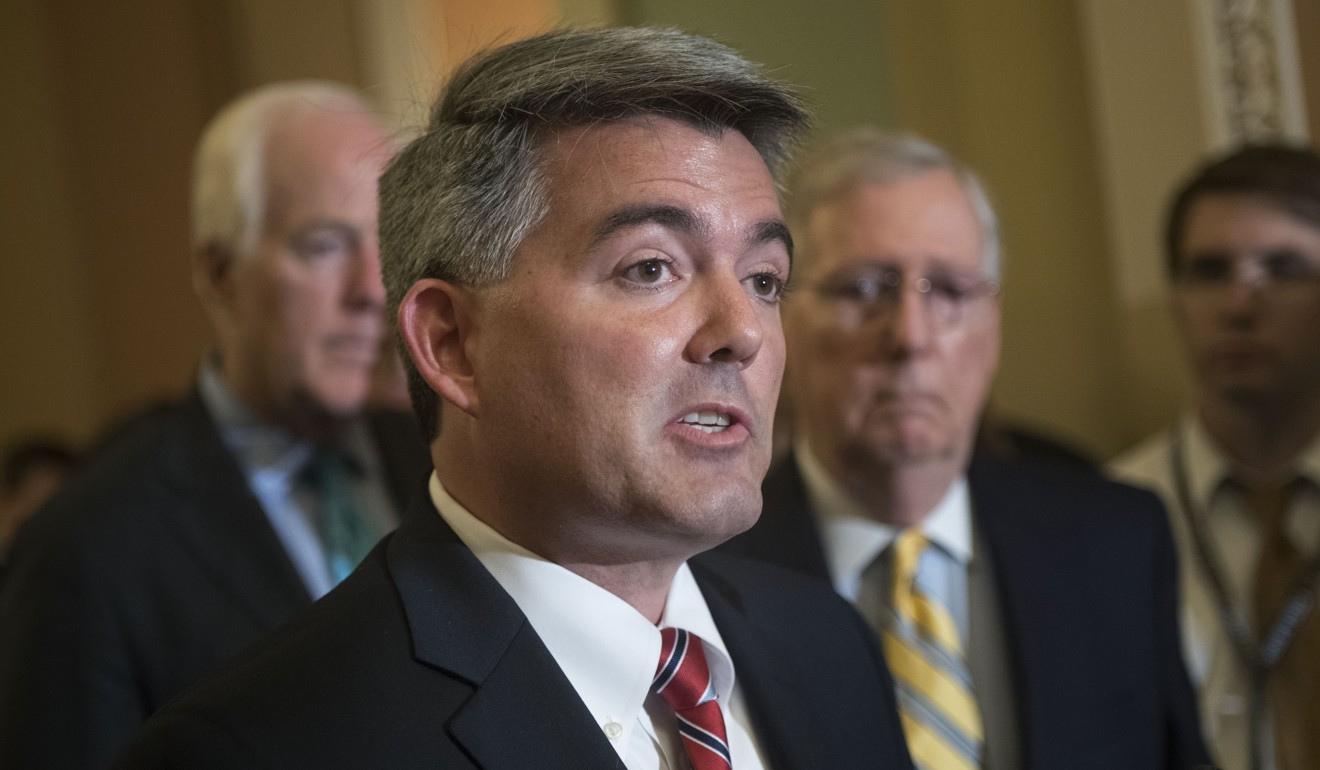
The US Congress’ upper chamber, the Senate, is putting sharp enforcement teeth behind the effort to halt Pyongyang’s nuclear programme through legislation. In July, US senators introduced two bipartisan bills targeting North Korea’s financial support system, primarily from China.
“For too long, now, China has sat on the sidelines of this crisis and attended its own interests,” said Mark Carpo, chairman of the US Senate Banking Committee during a hearing on North Korea late last week.
“It is time for China to join the world in not just condemning [North Korean leader] Kim Jong-un’s hostile actions, but using its considerable economic and diplomatic power in concert with the rest of the world to bring about effective change to Kim’s destabilising nuclear programme.”
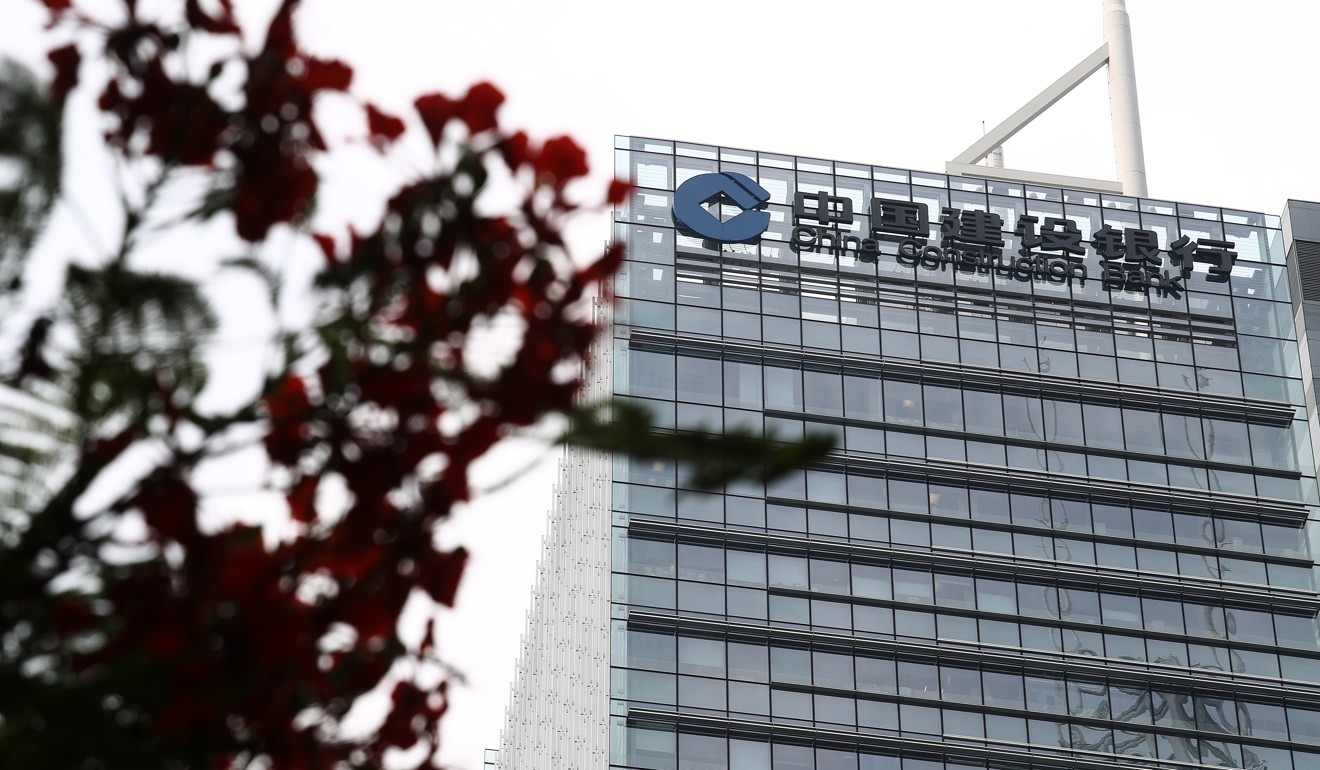
One of the two bills, the North Korean Enablers Accountability Act, introduced by Senator Cory Gardner in the Senate Foreign Affairs Committee, would allow the US president to “block any entity or financial institution implicated in any significant trade in goods or services with North Korea from the US financial system”.
Those entities would include the top 10 Chinese importers of goods from North Korea, according to a press release introducing the bill from Gardner’s office.
“We must expand and enforce sanctions against Kim Jong-un’s regime,” said Senator Chris Van Hollen, who introduced the second bill, the Banking Restrictions Involving North Korea Act, in a statement released by his office.
“This bill will put sharp enforcement teeth behind United Nations sanctions and send a clear message to anyone who has any business dealings with North Korean entities – you can do business with them or you can do business with the US, but you can’t do business with both,” the senator said.